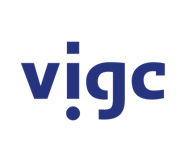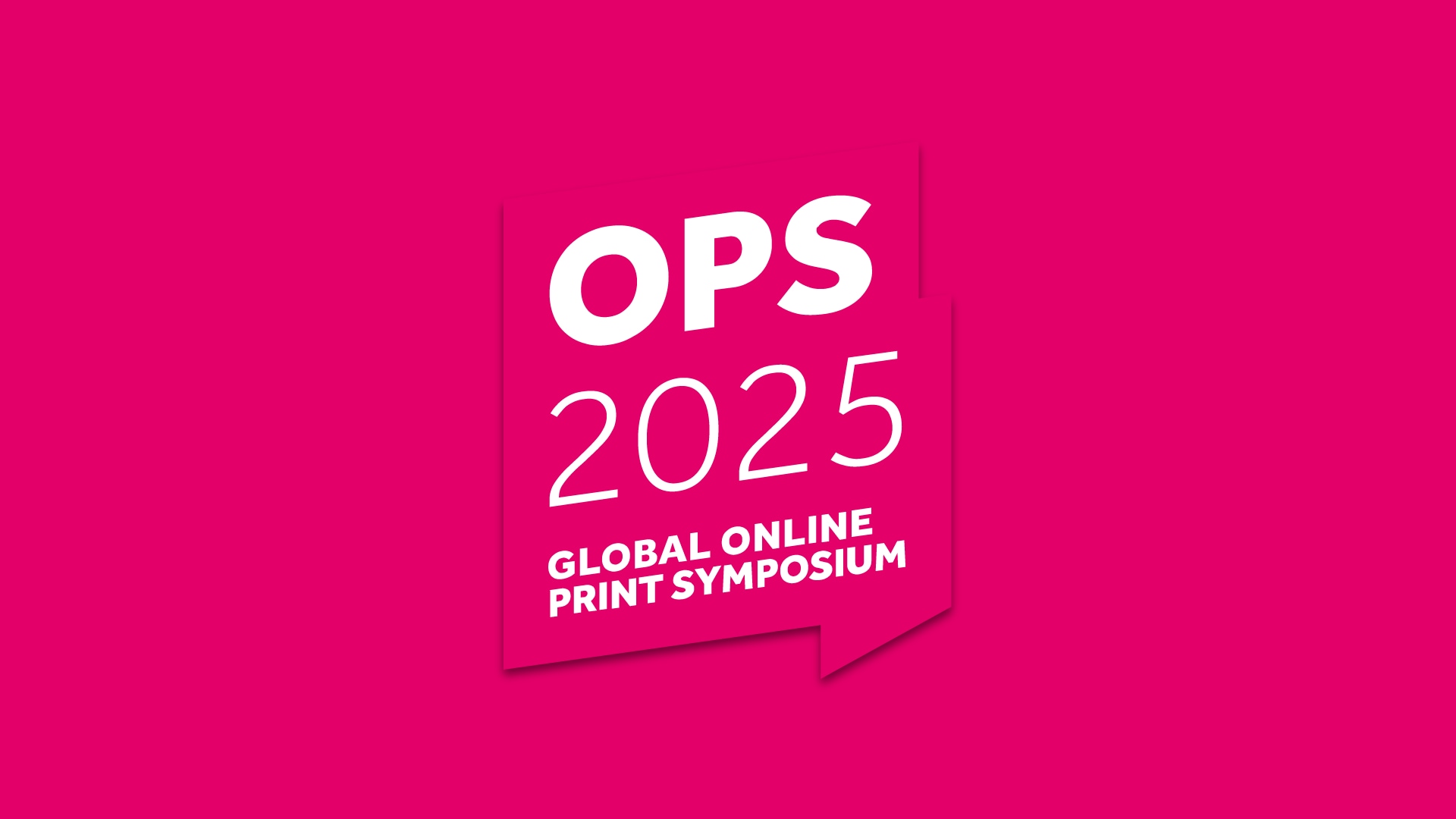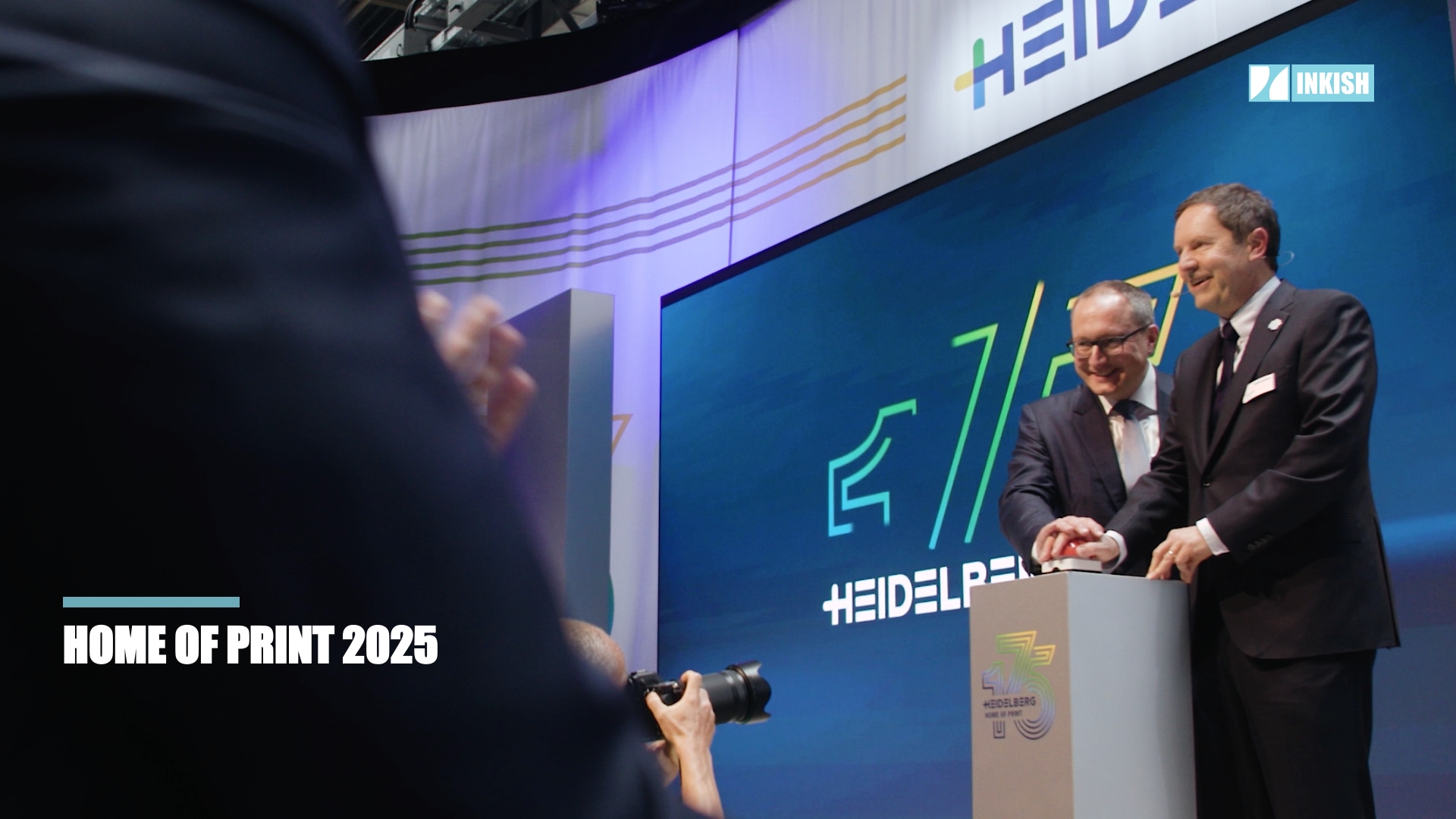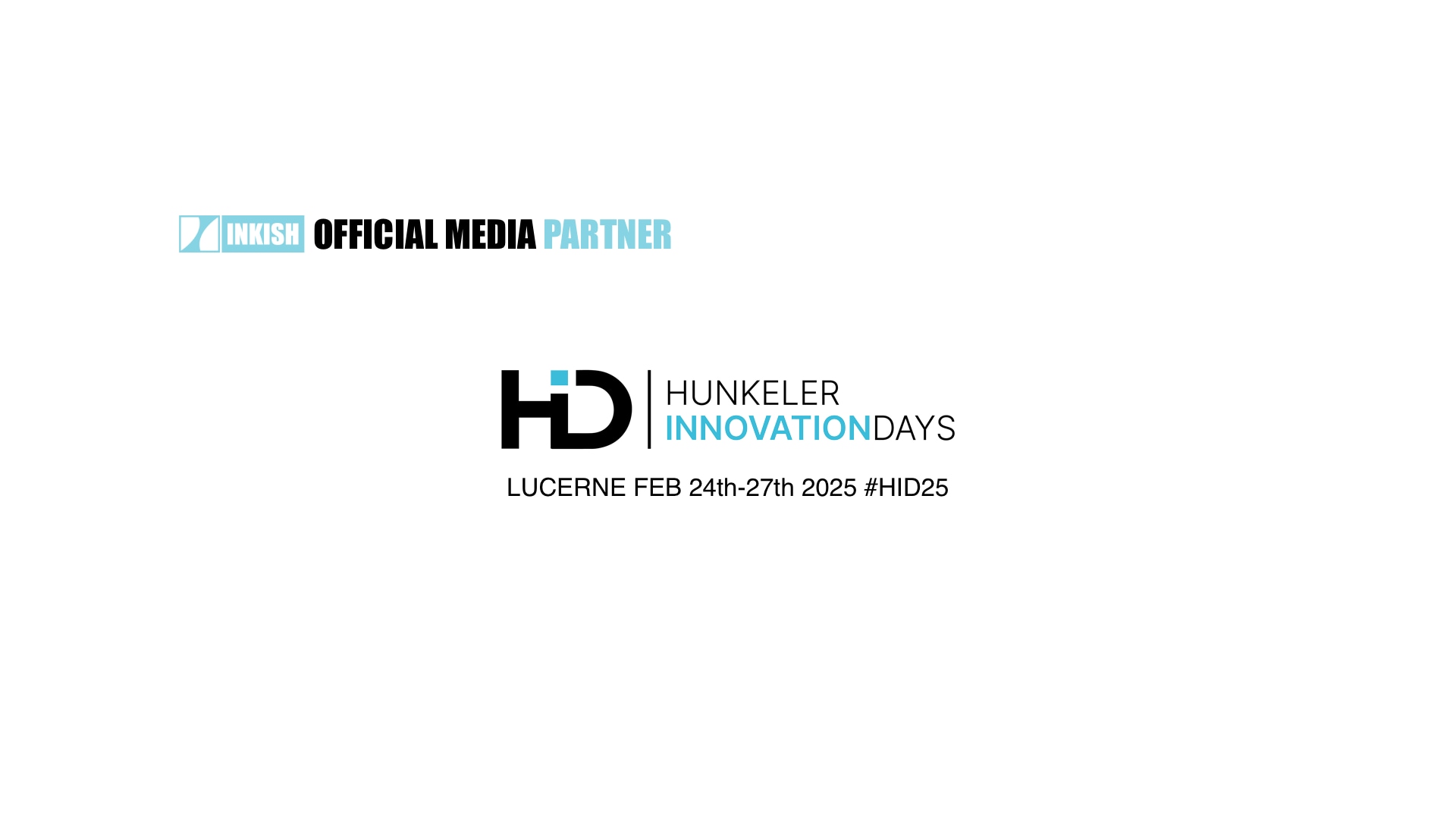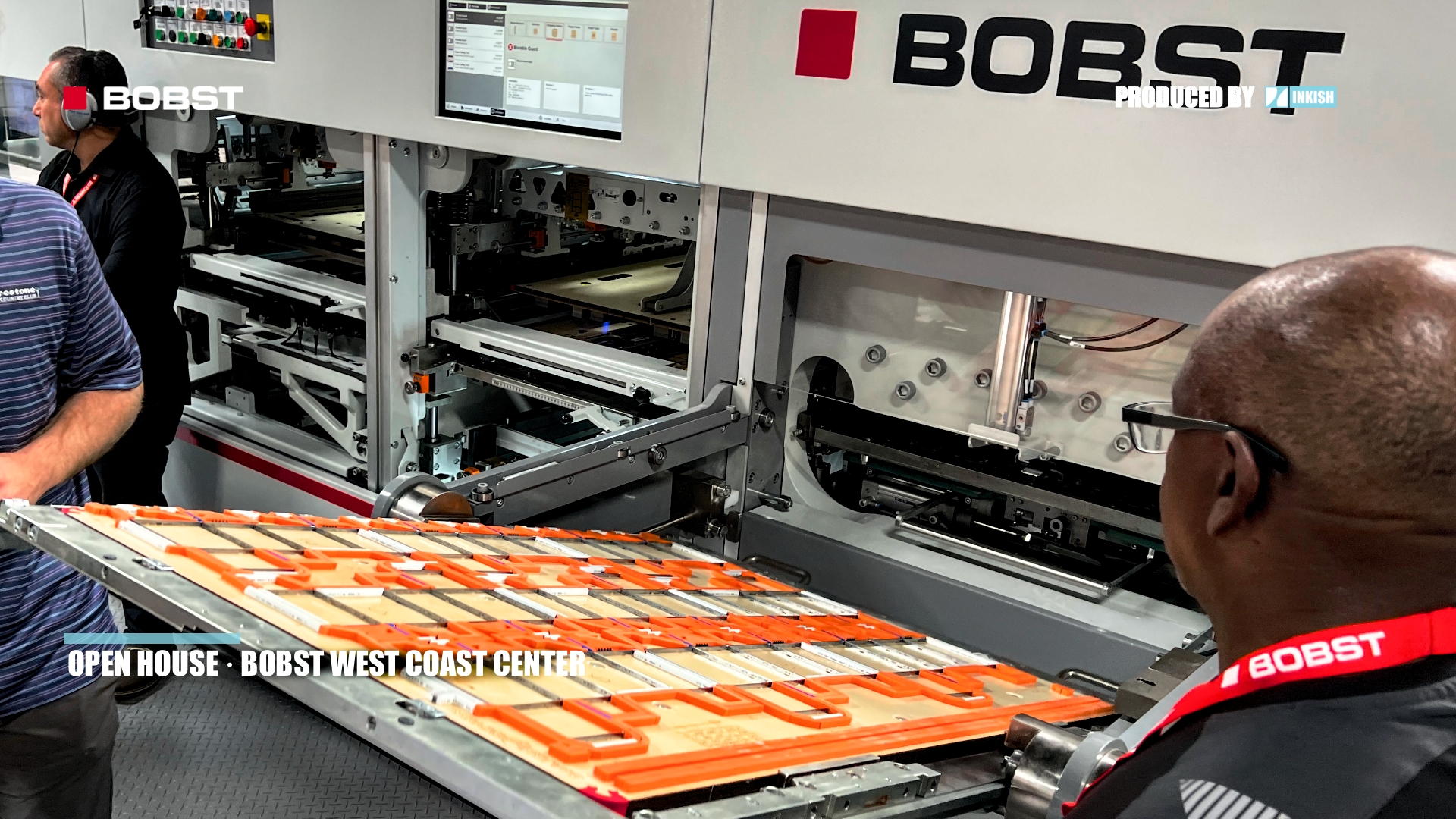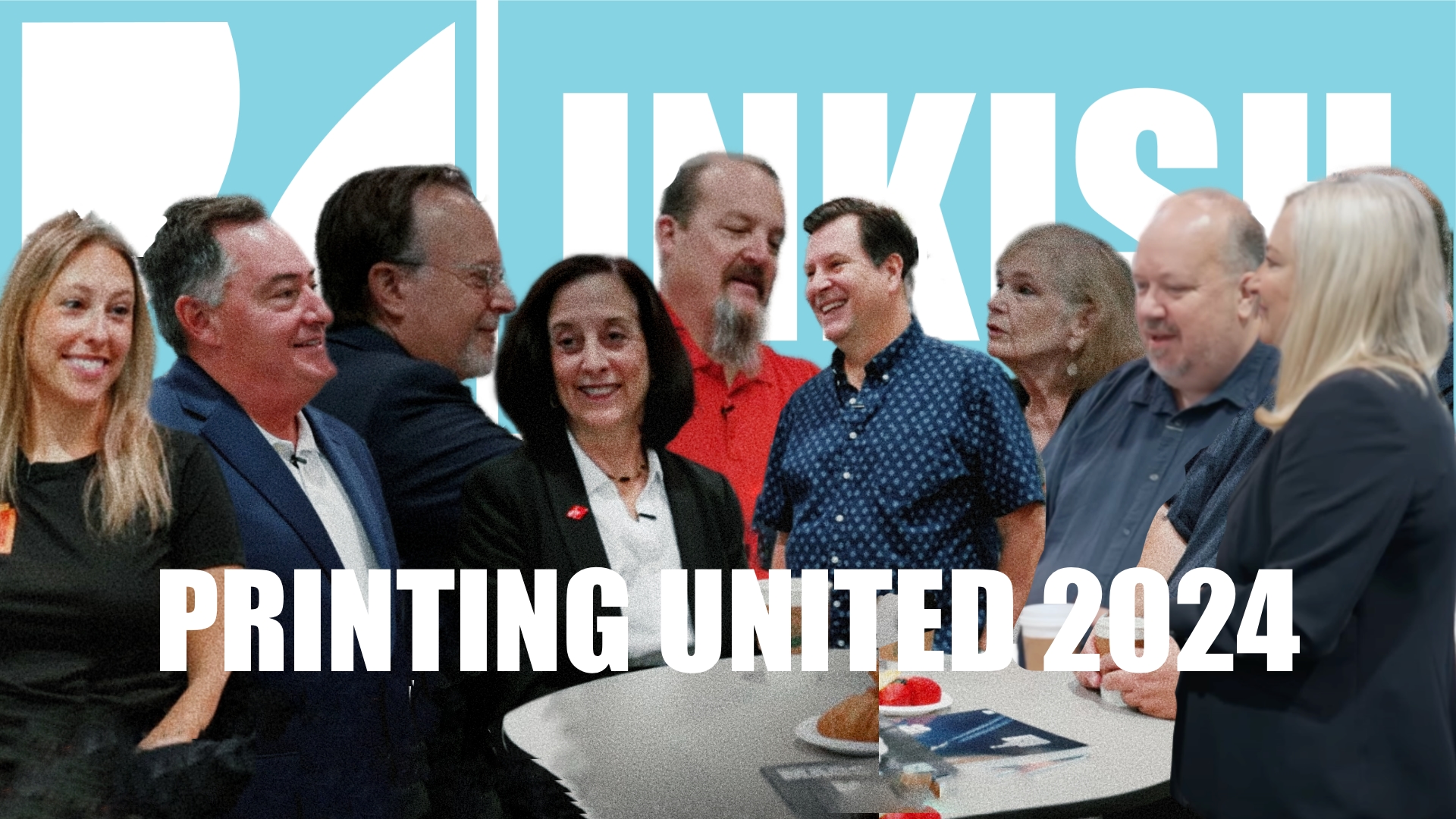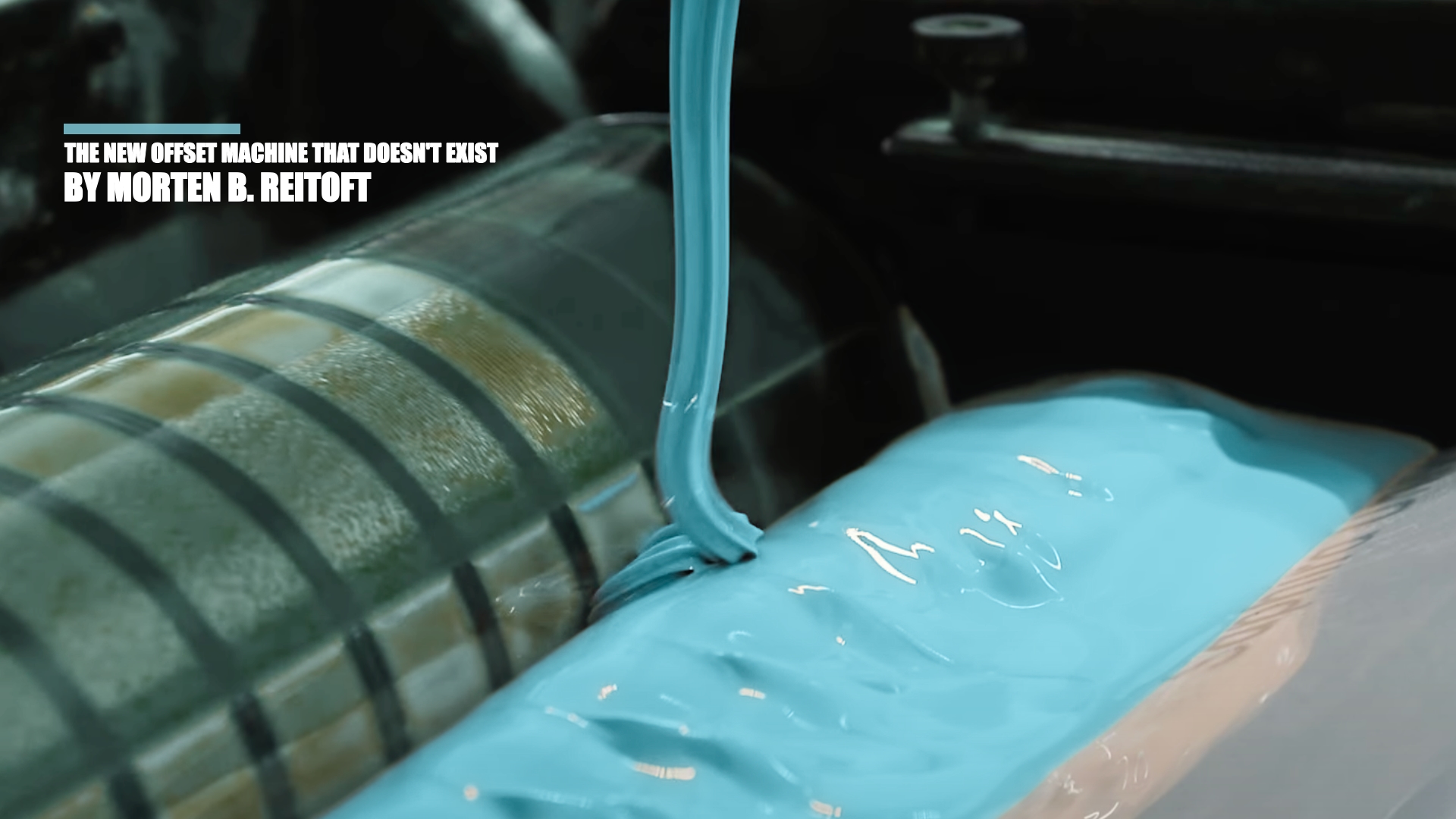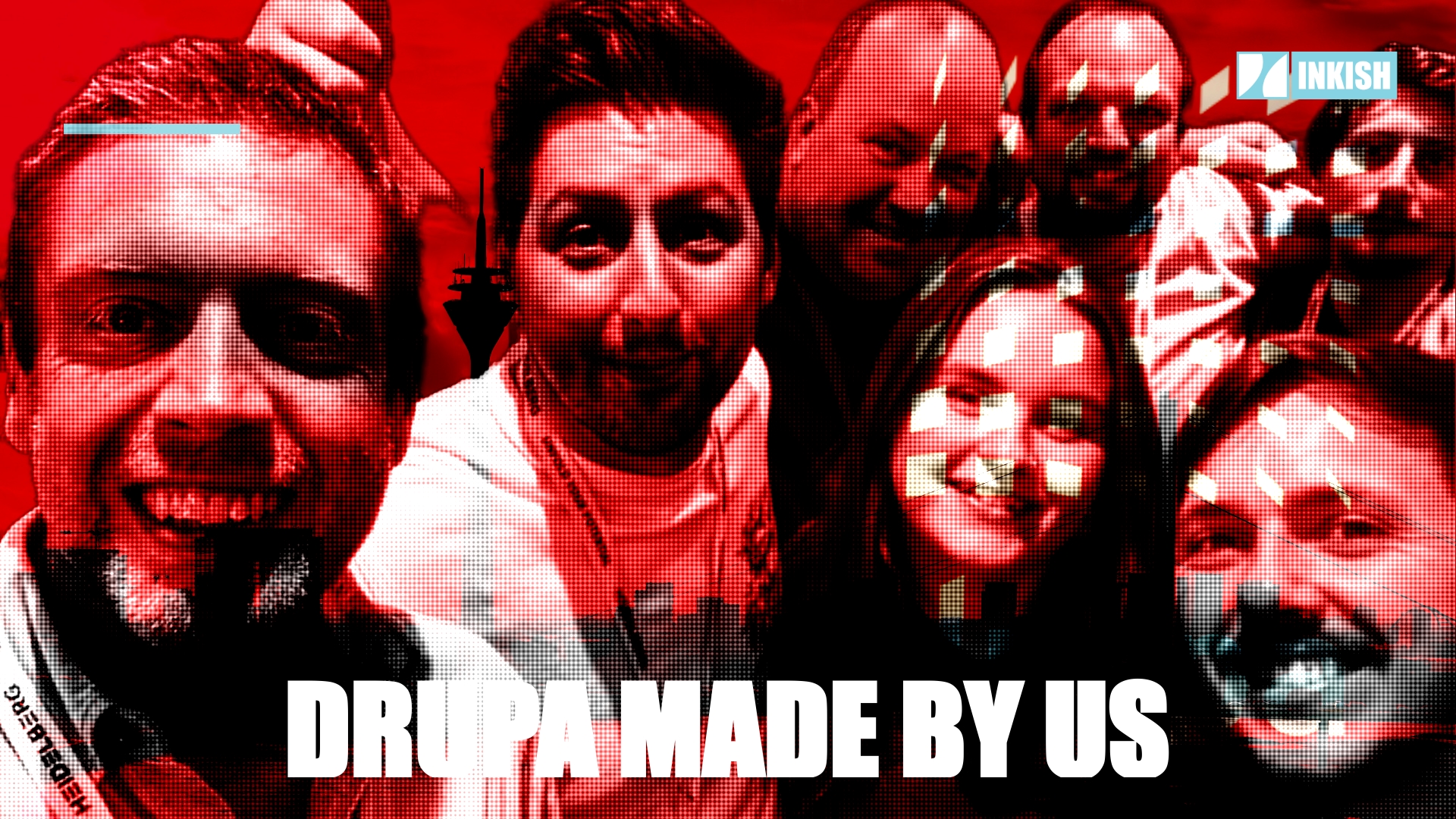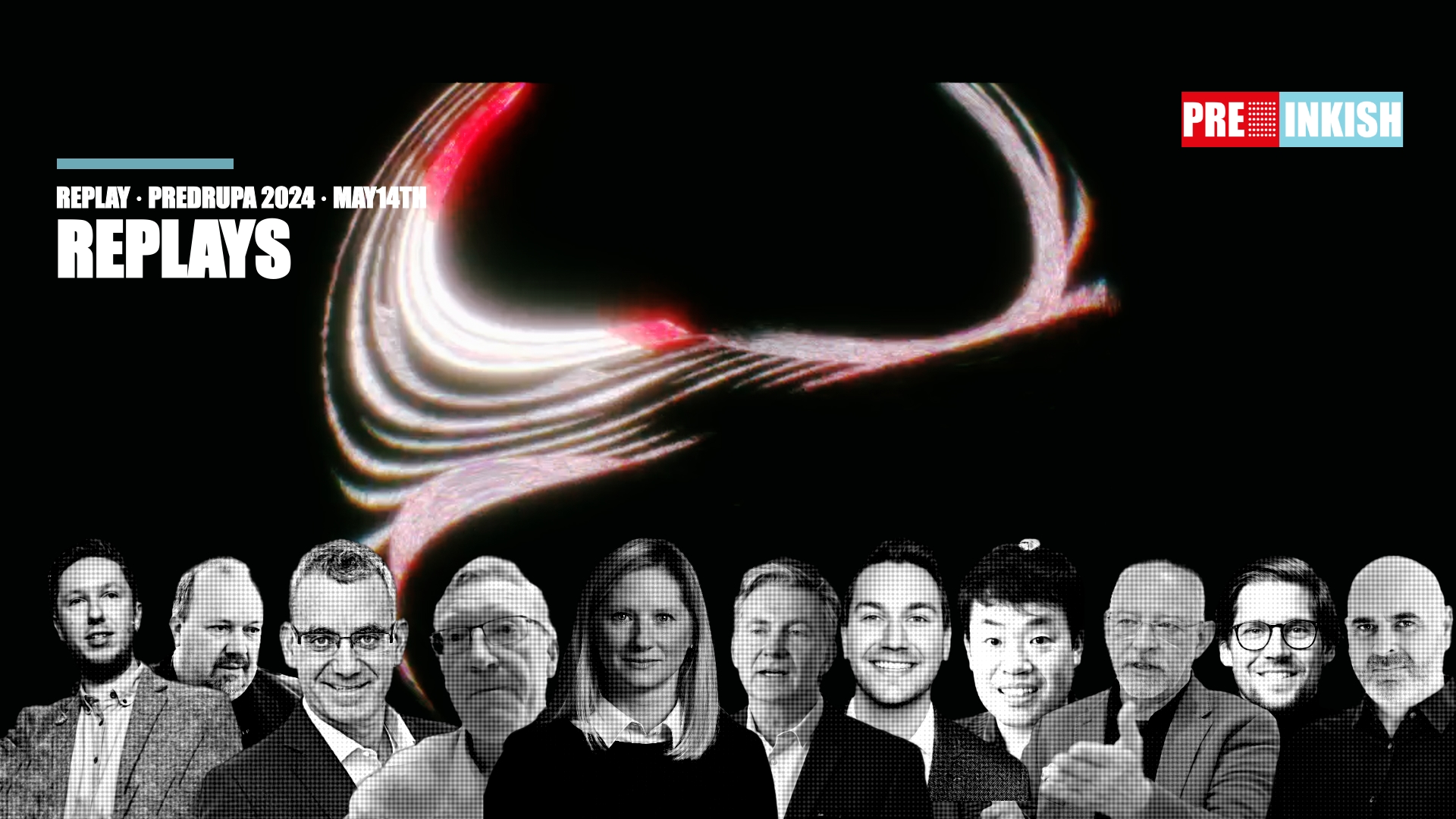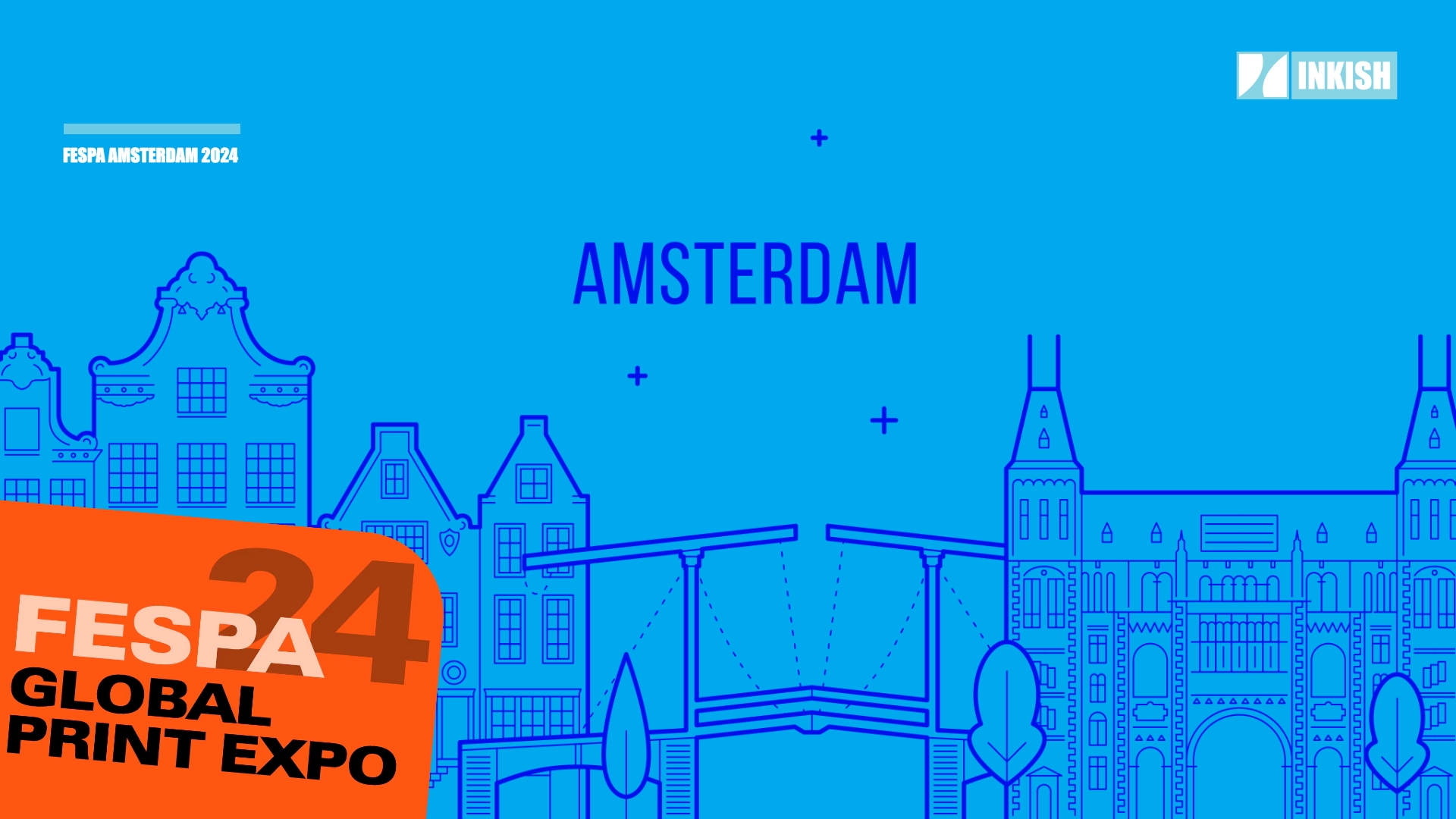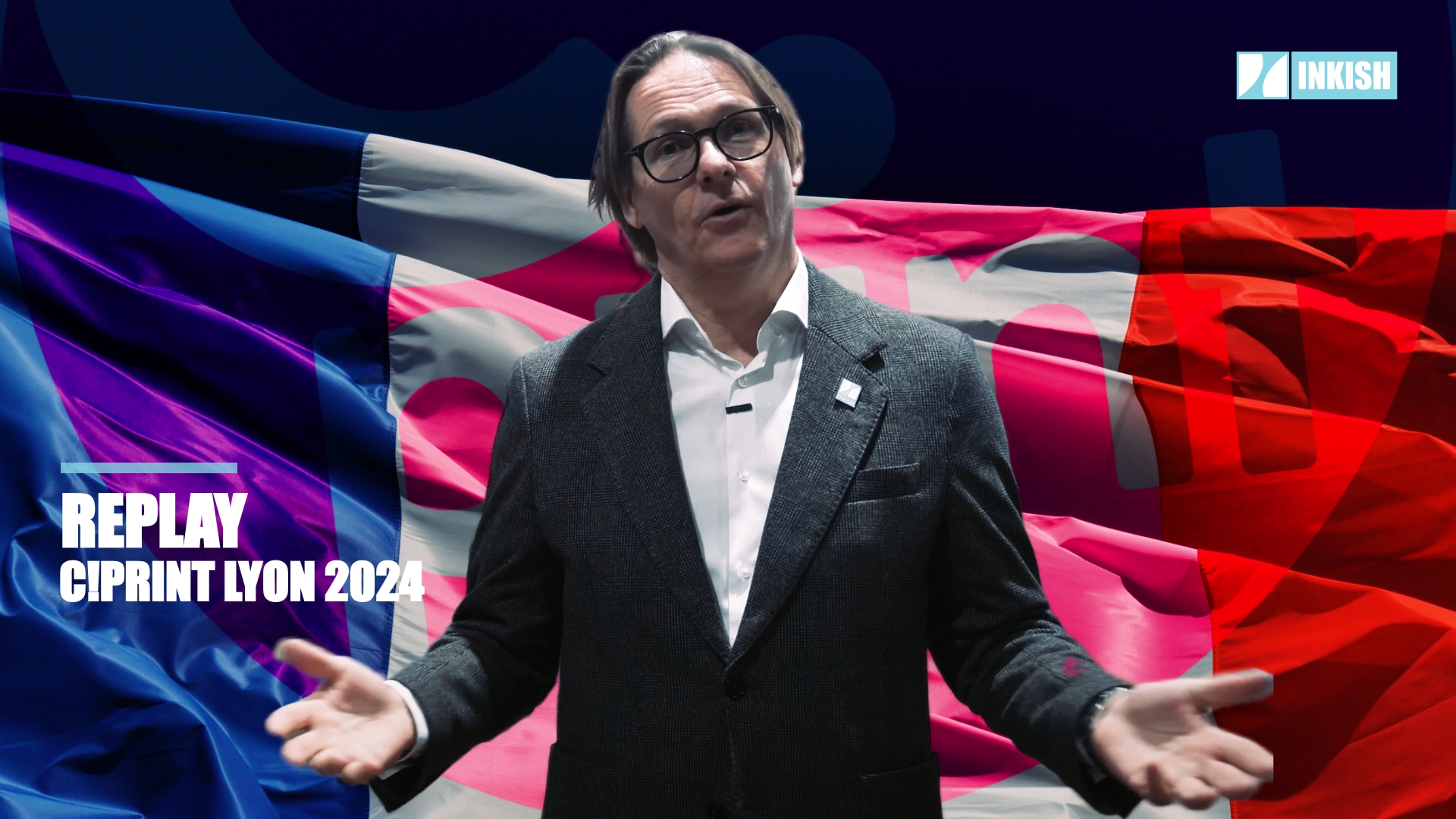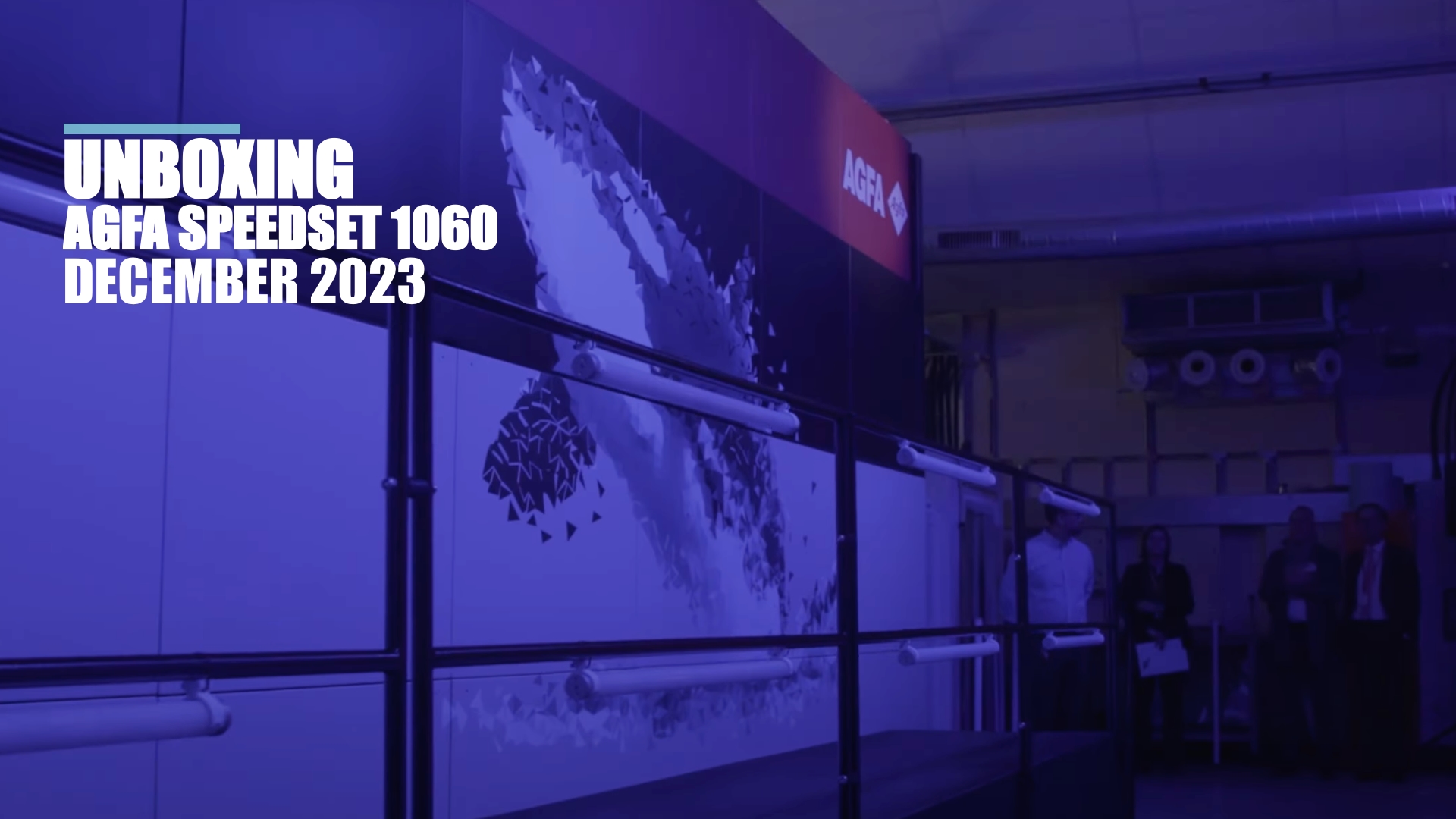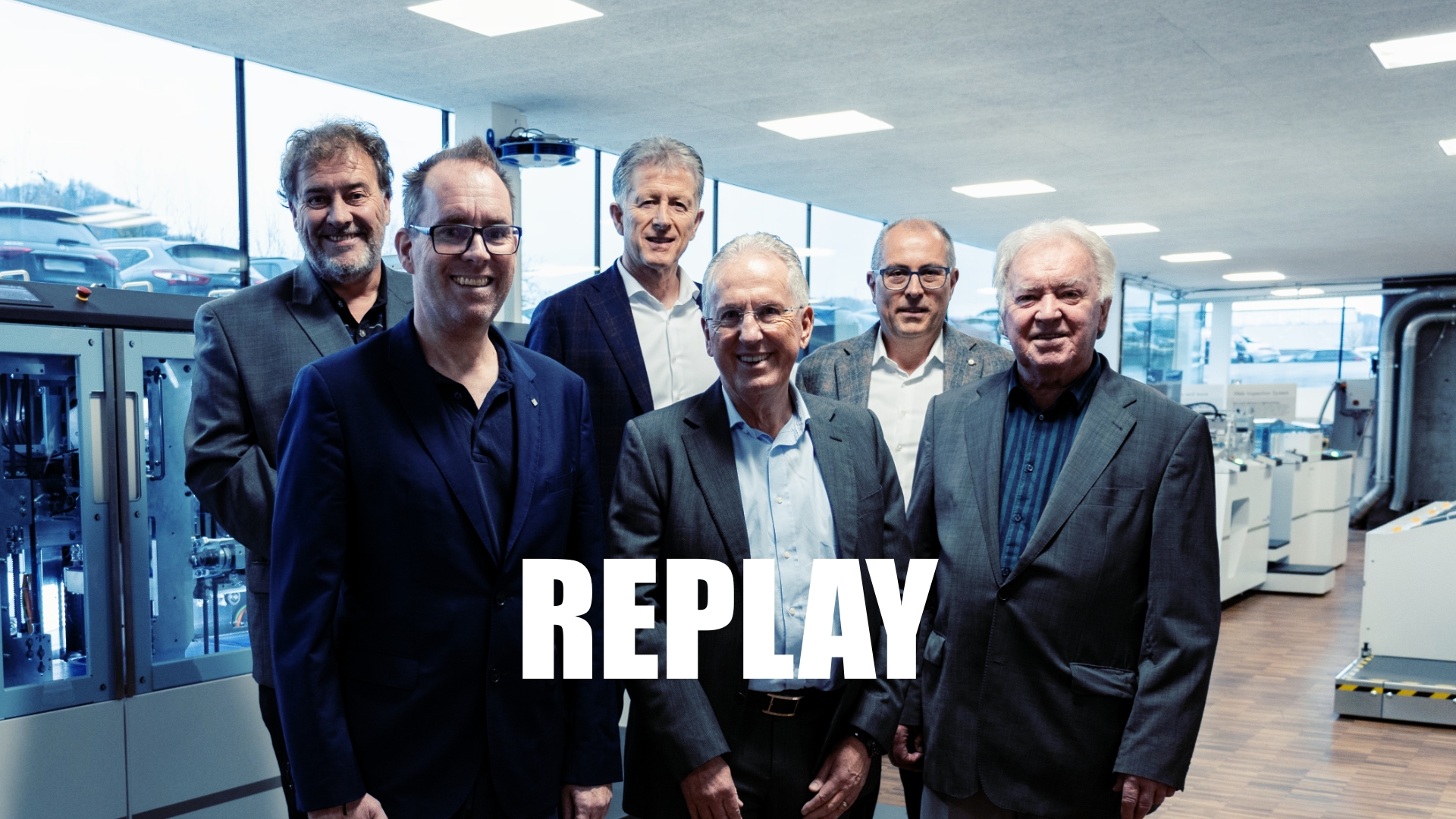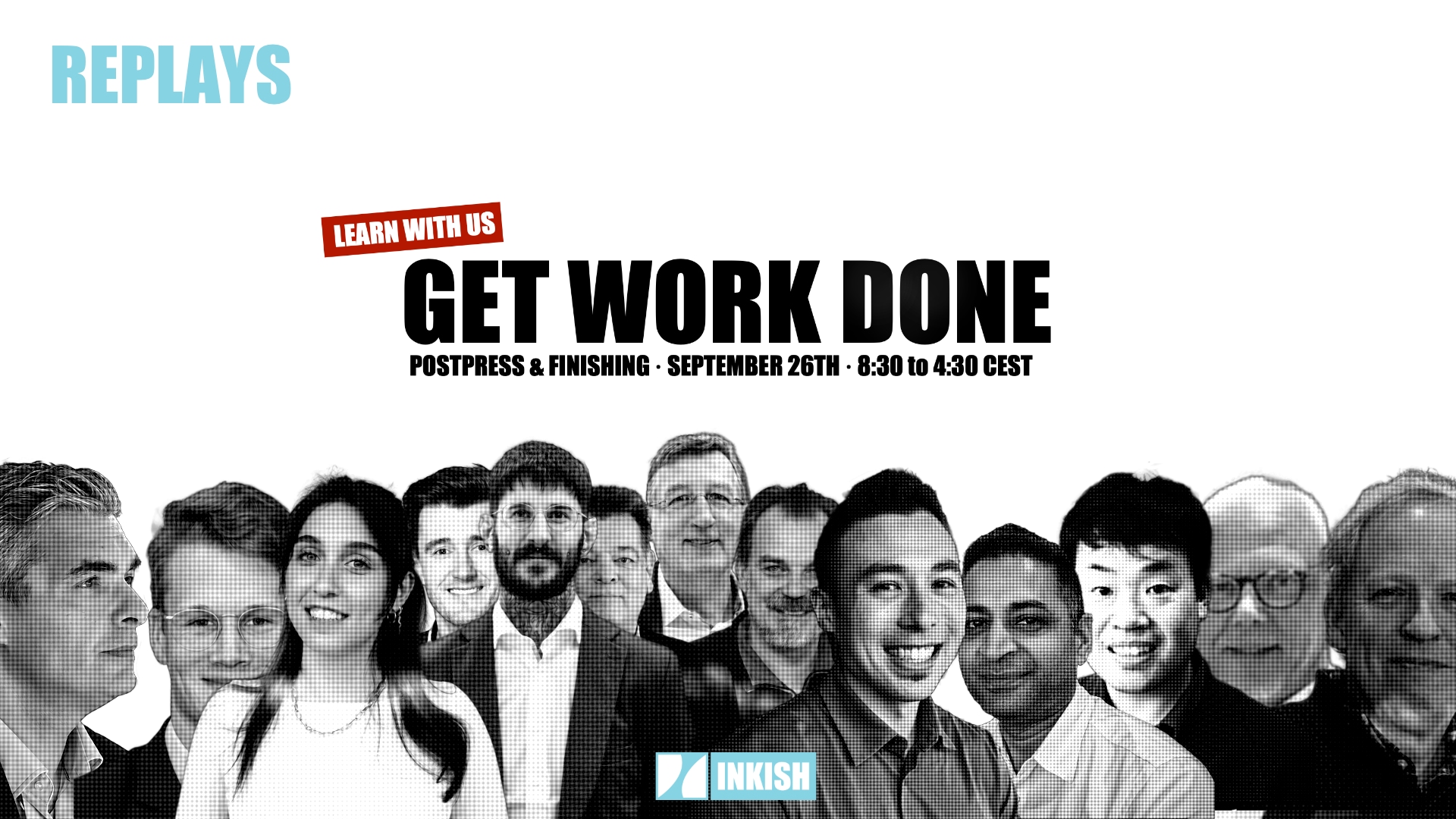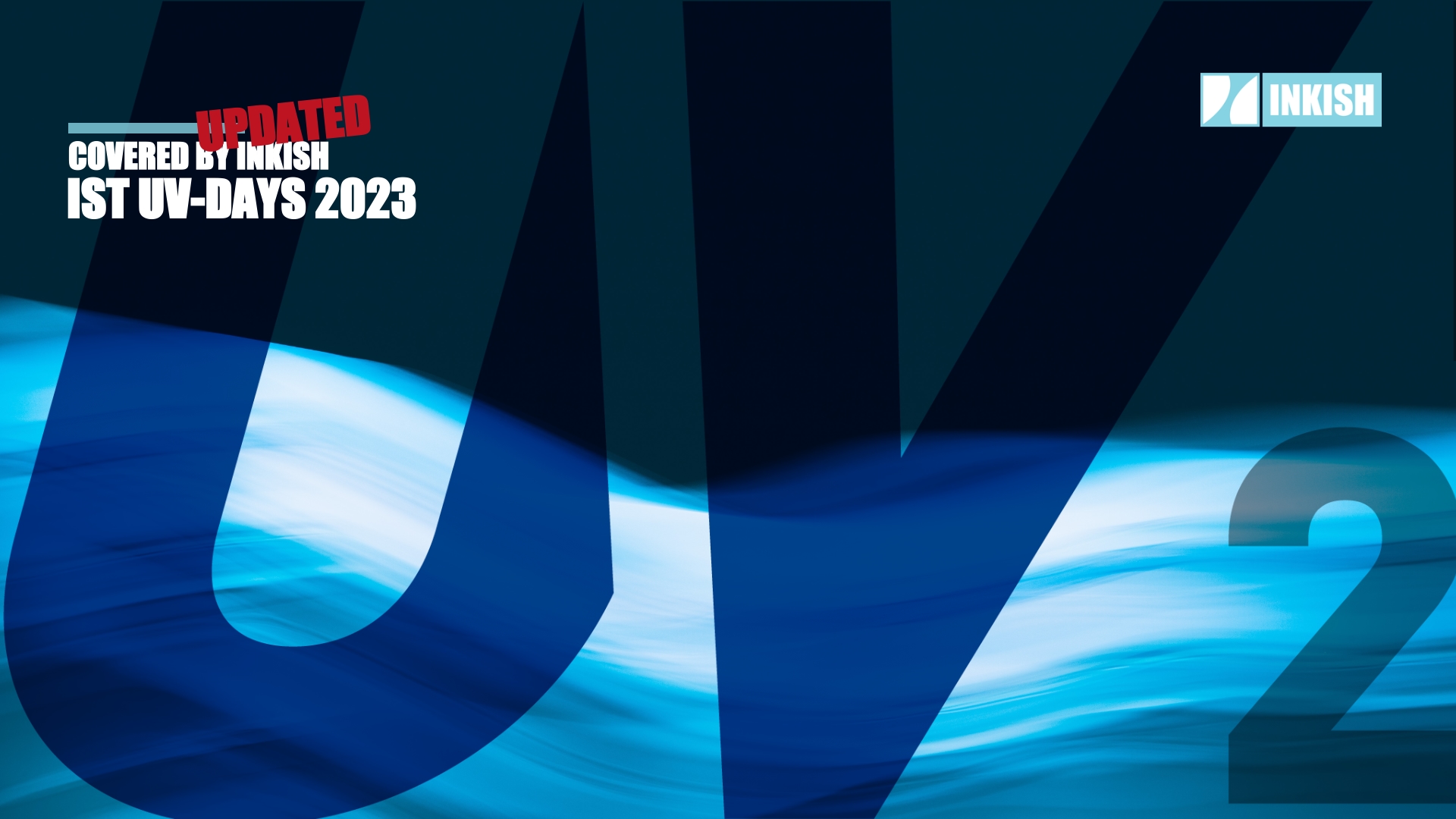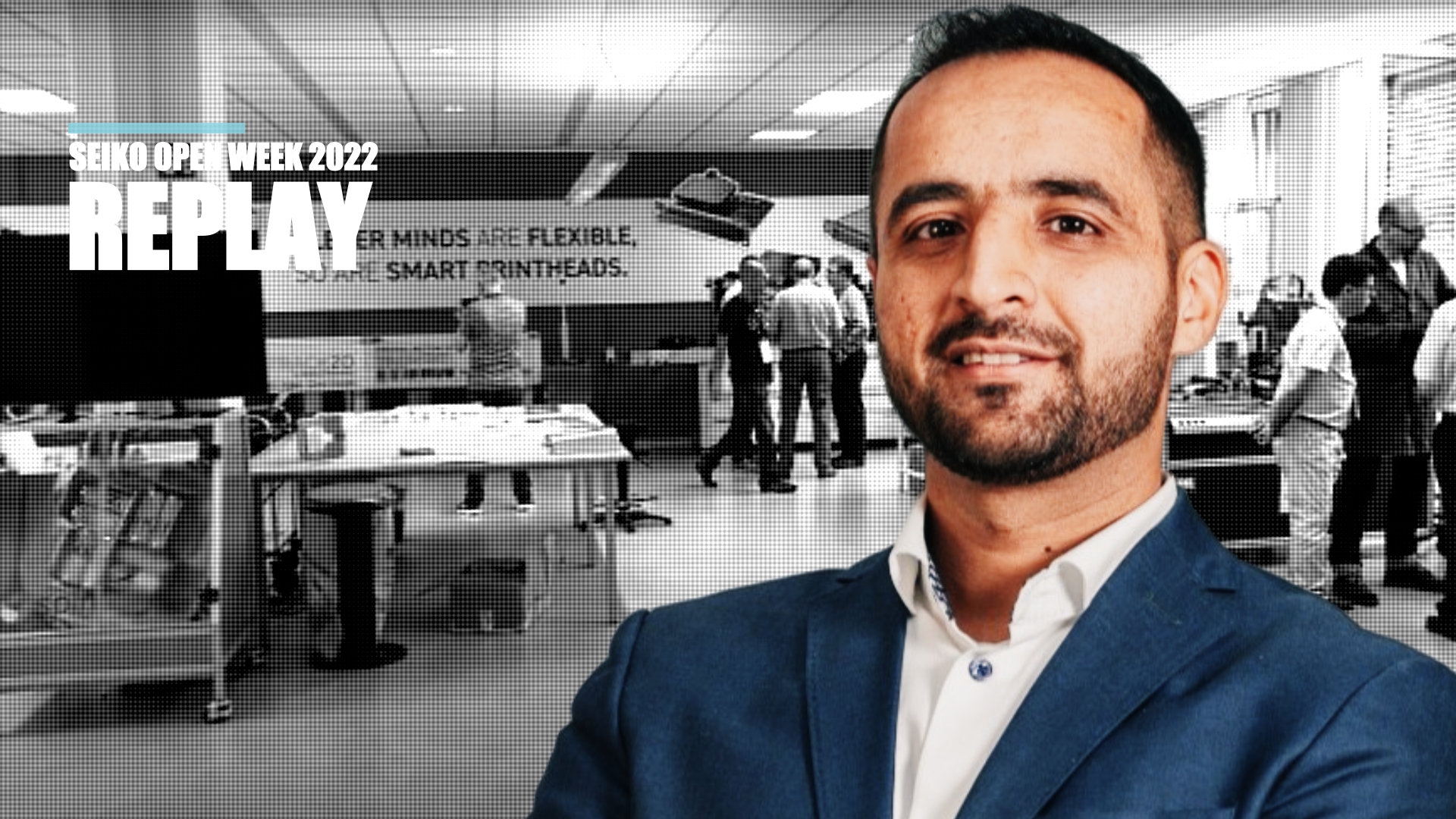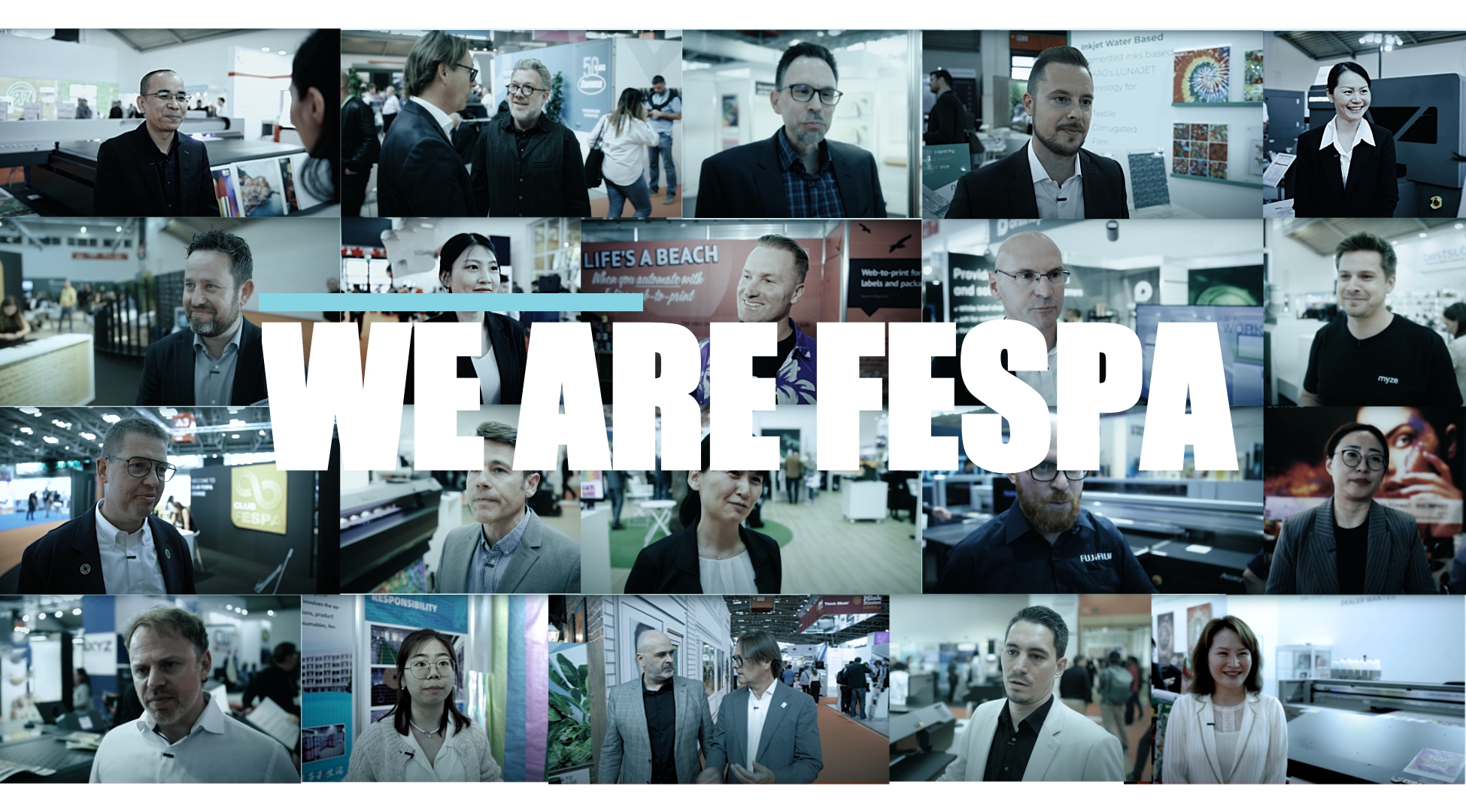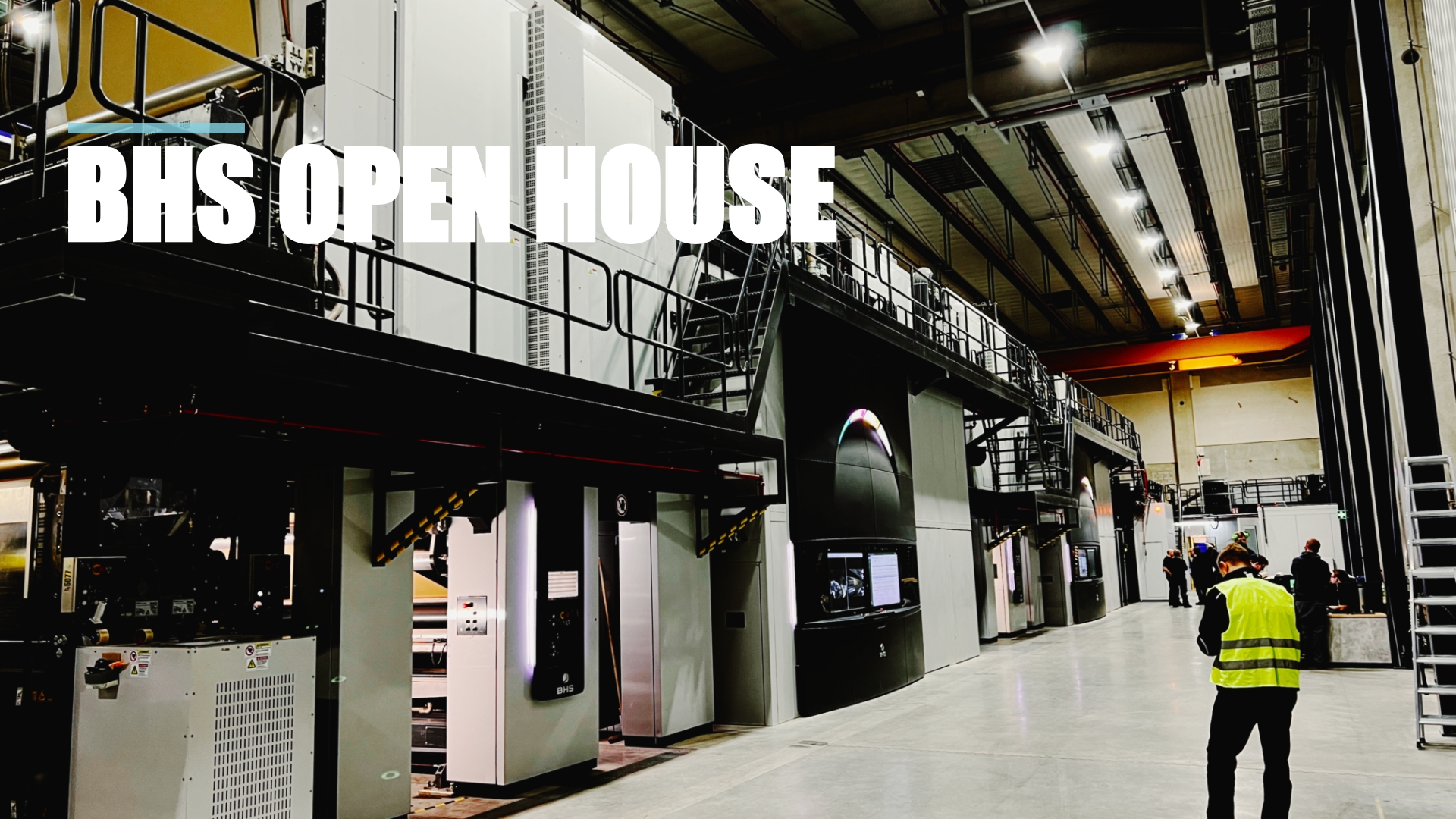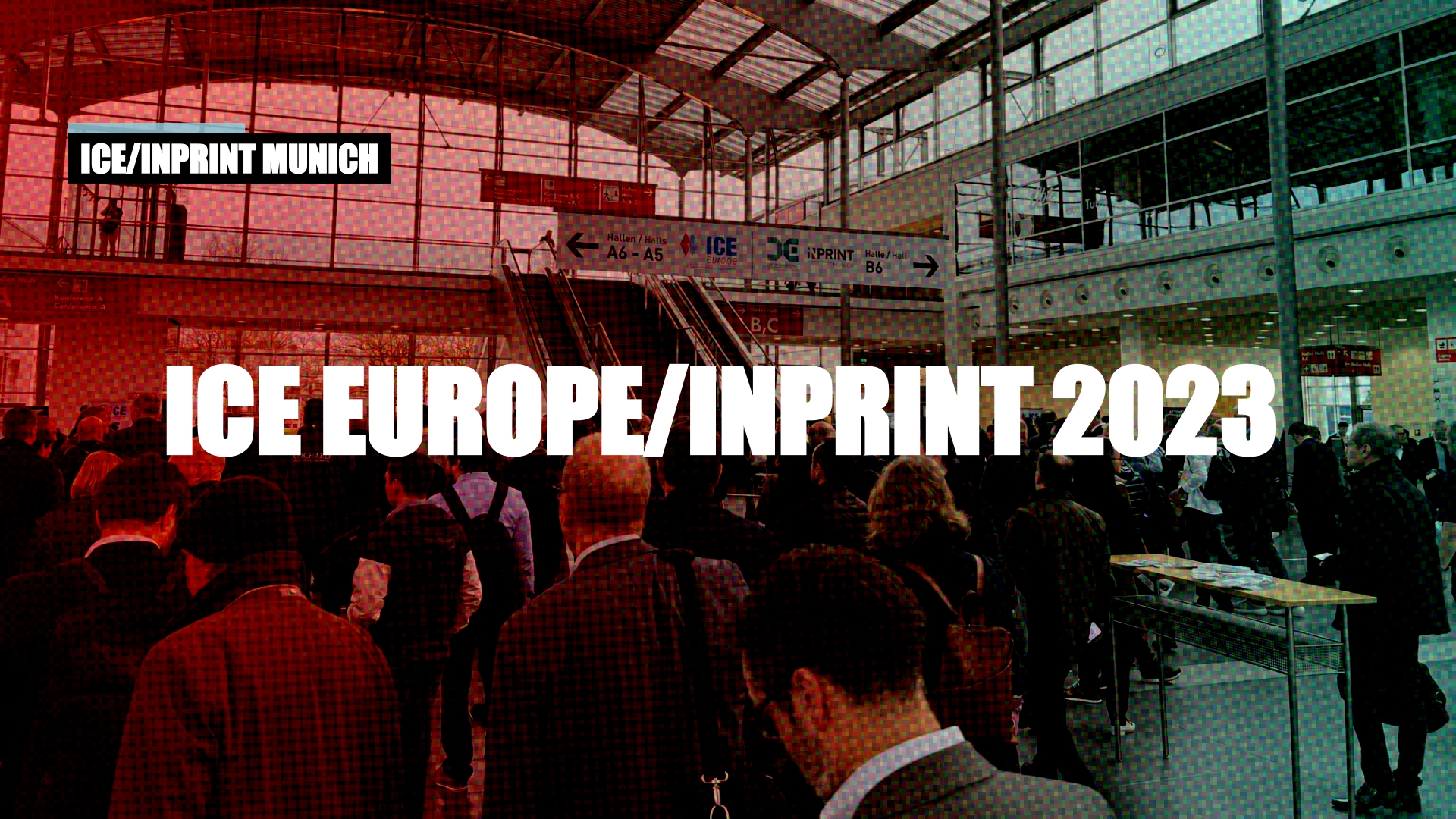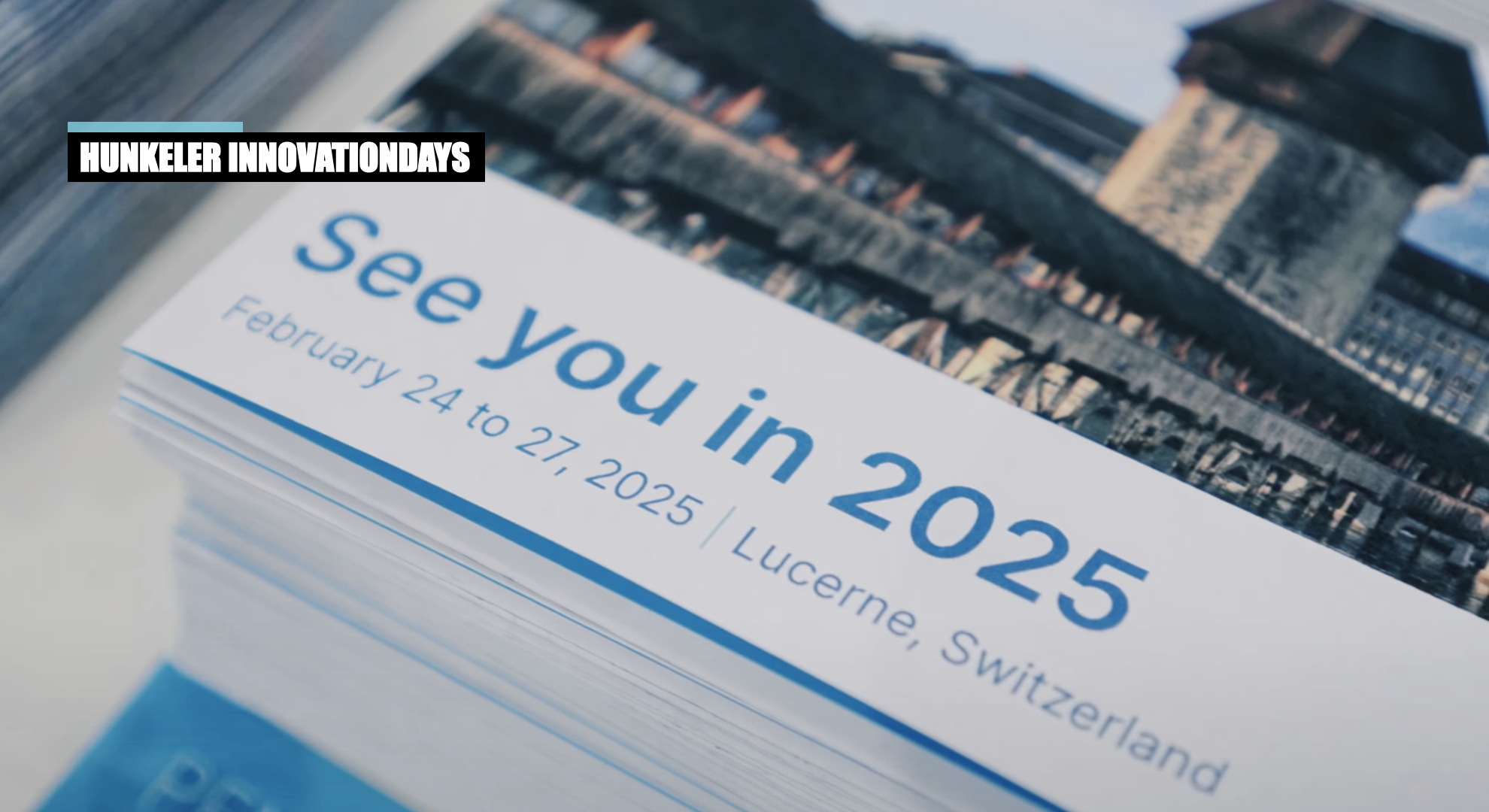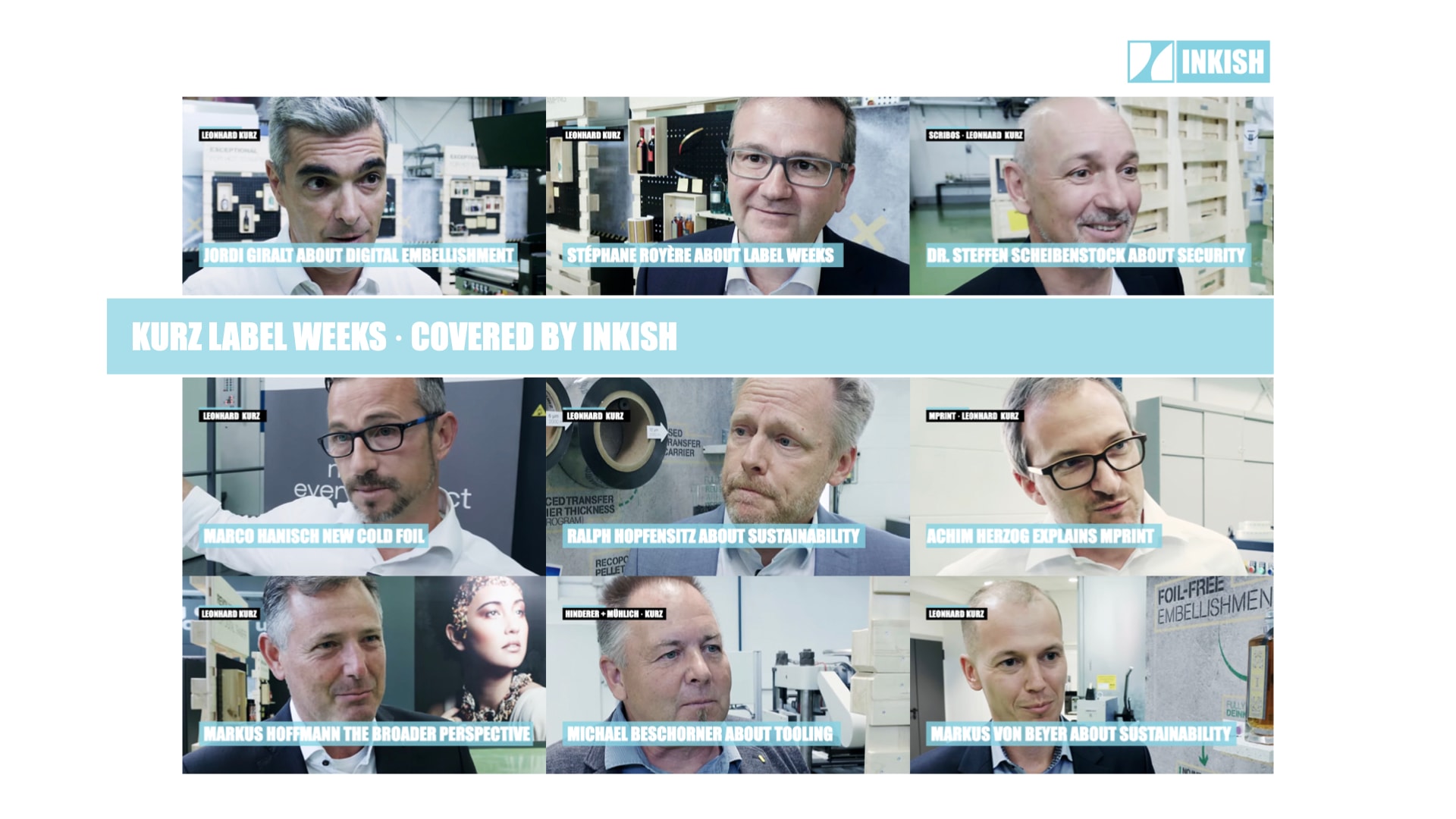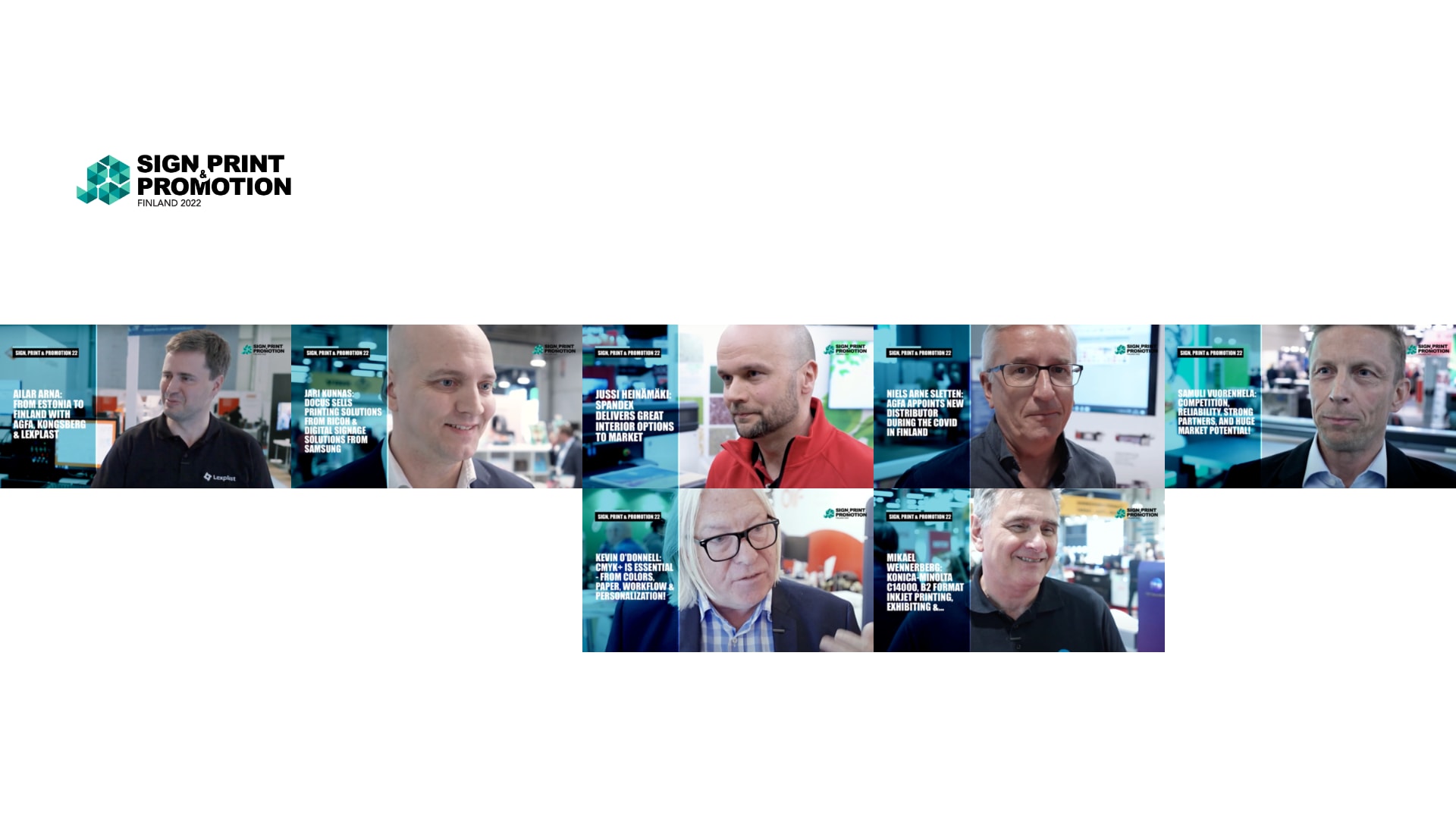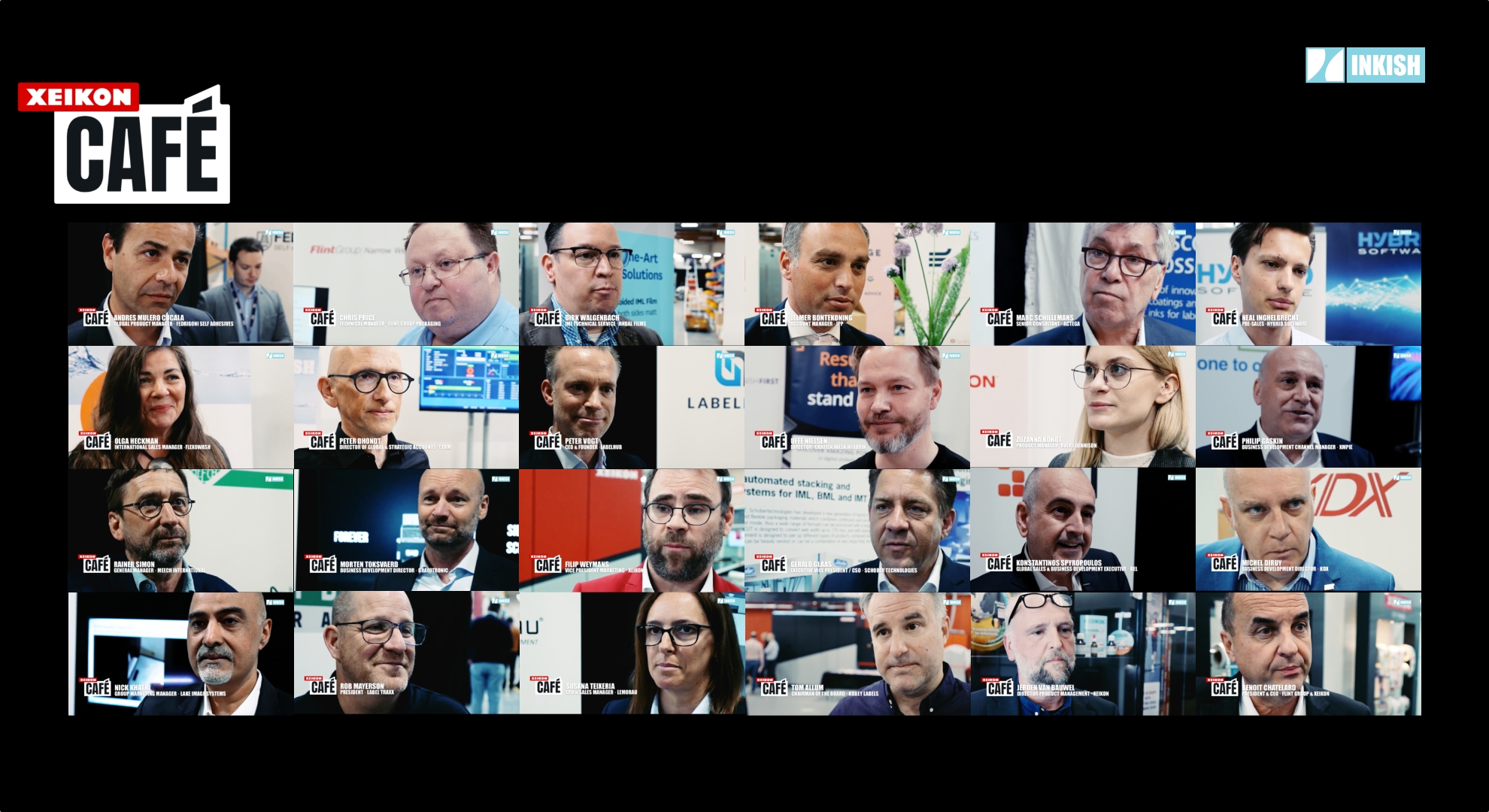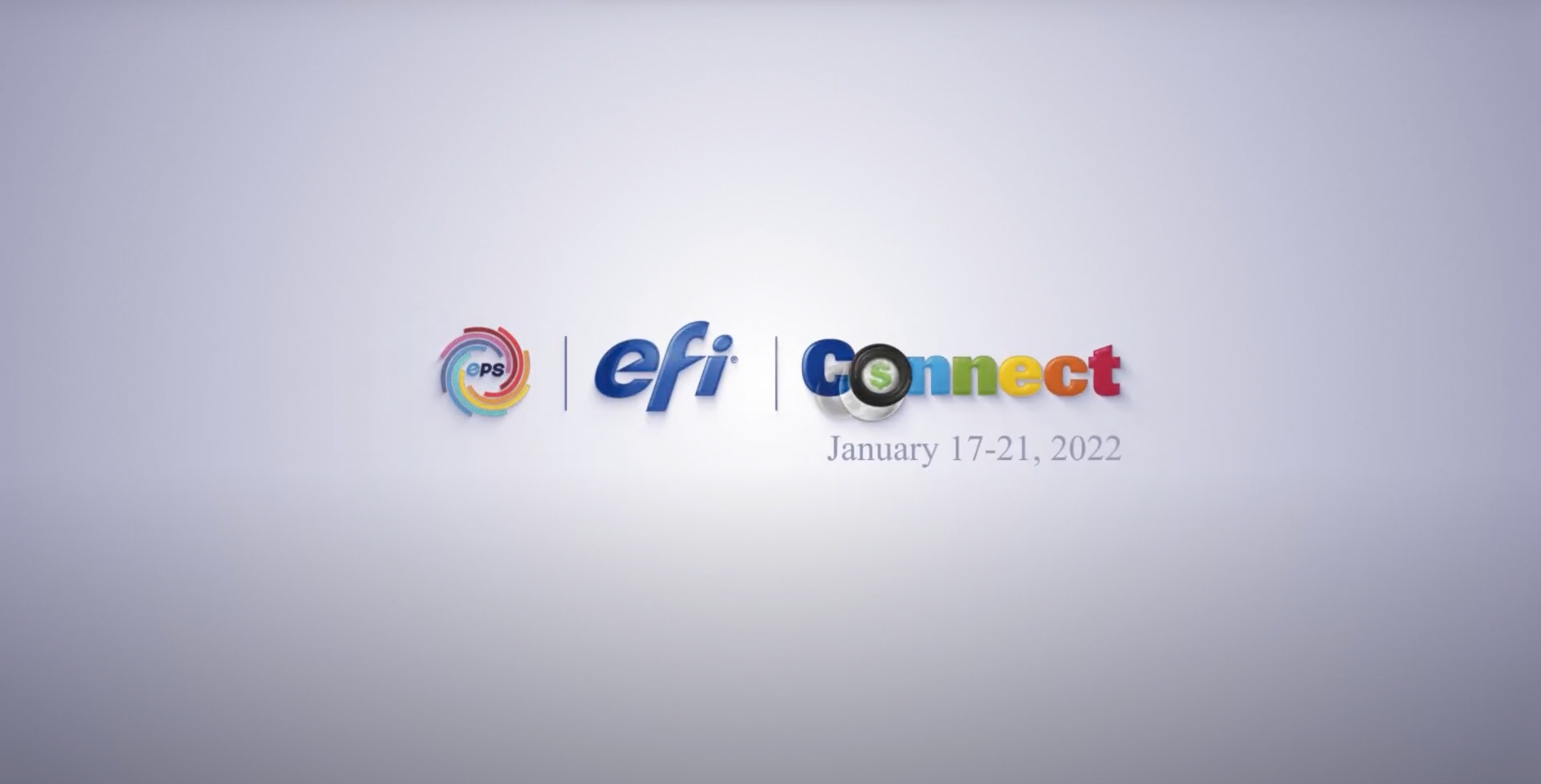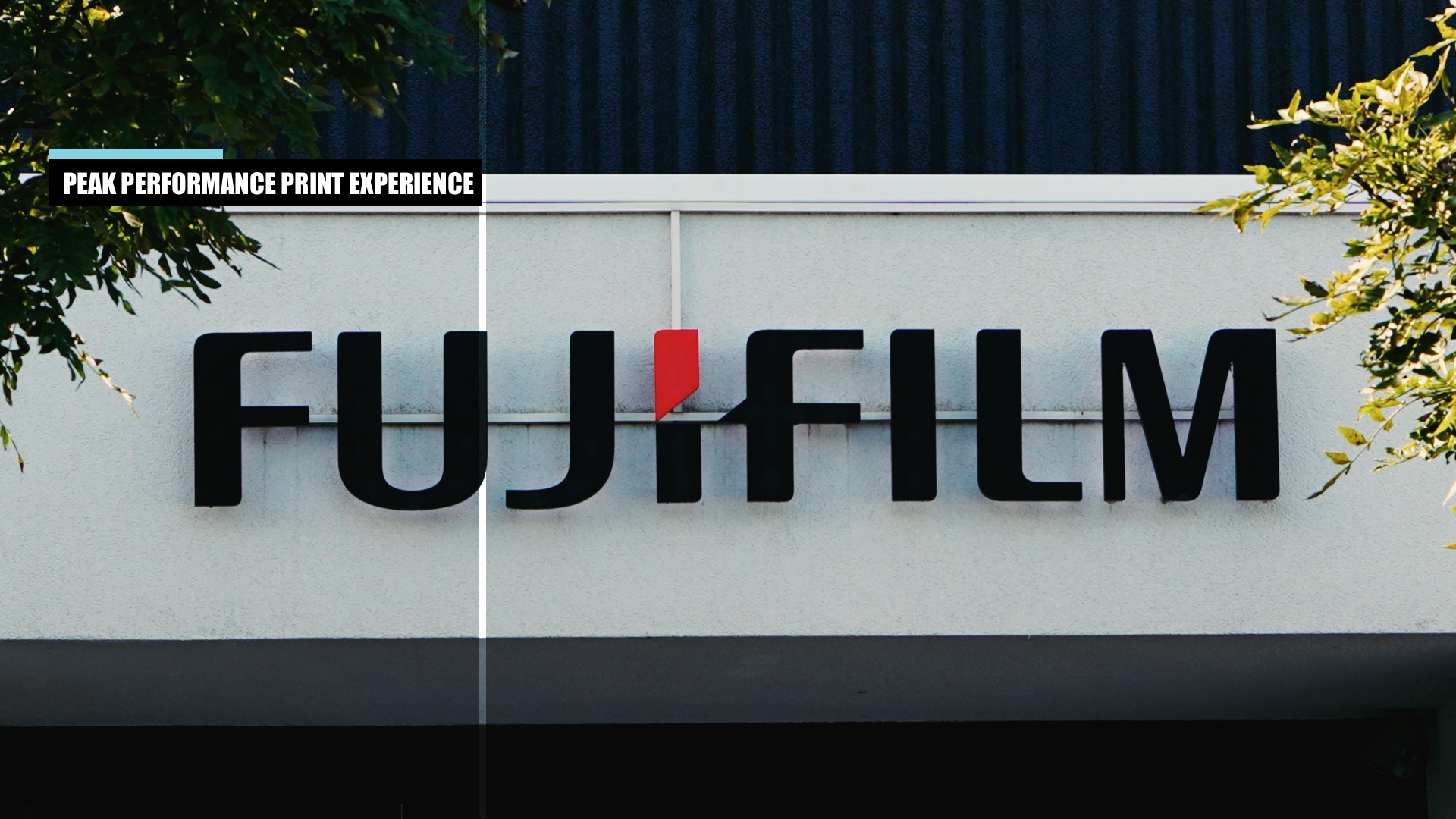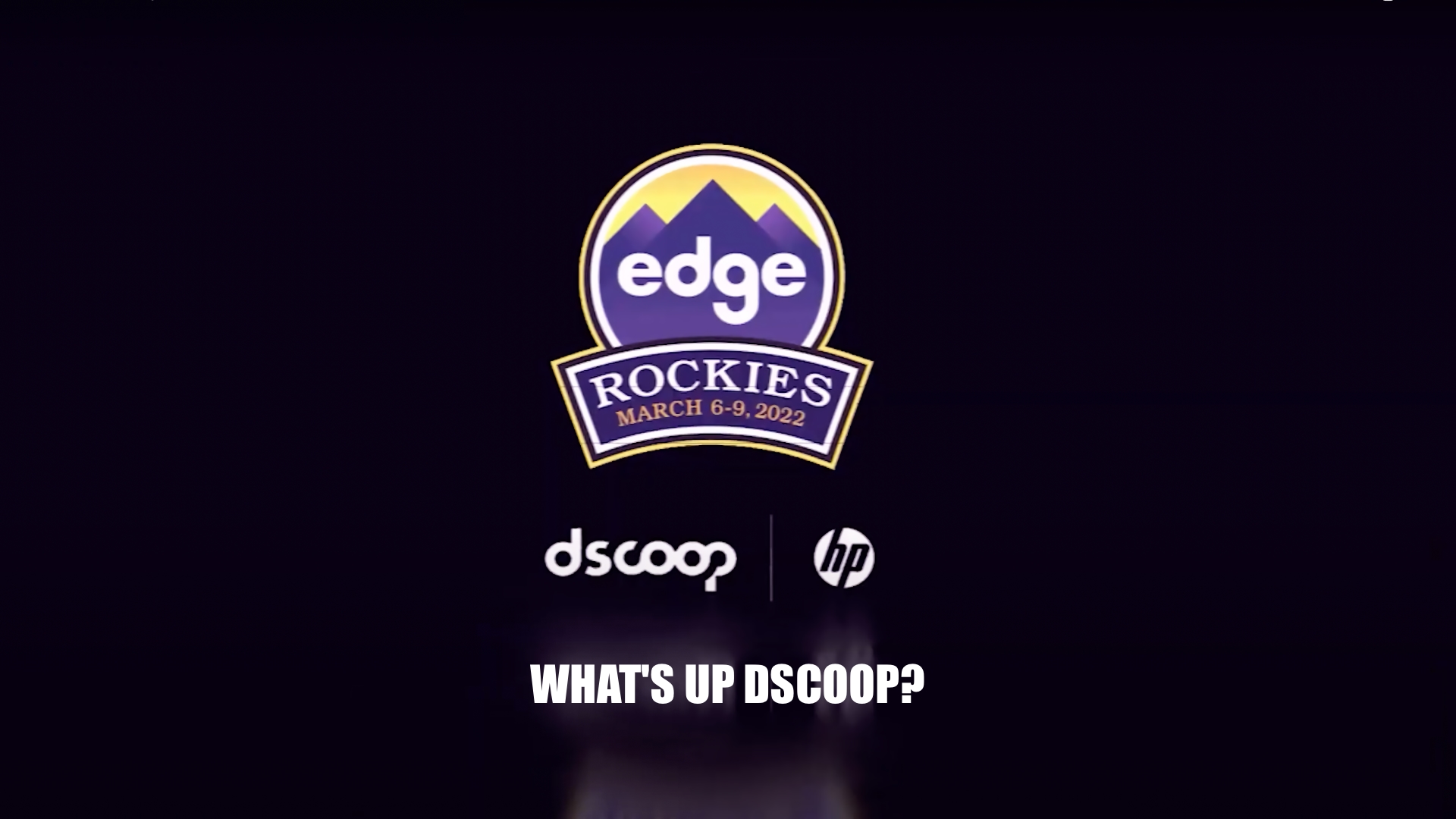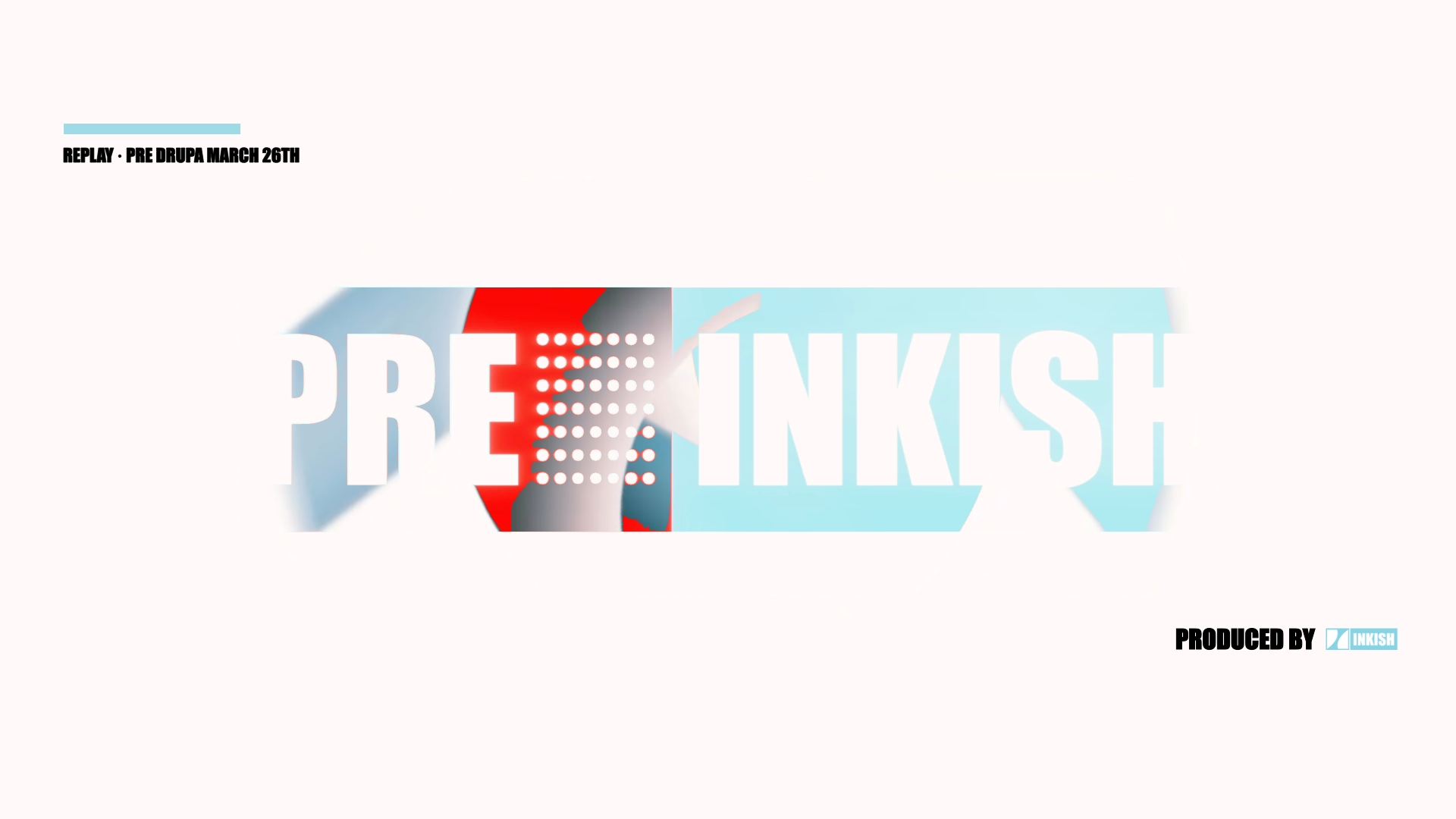CIP4 INTER-OP Defines the standards you rely on!
Hard-working. Dead Serious. Quiet. No lunch. Loads of coffee. Whispering. Mostly males. White-boards, screens, and computers. CIP4 Inter-OP is serious business, or maybe it’s even more. Some are friends. Some are competitors. Some are from large companies. Some not.
CIP4 is the name of this group of serious people working on making all printers lives easier. It’s a matter of defining a common language for offset printers, digital printers, large format printers, binding equipment, software like ERP, M.I.S., etc. CIP4 defines J.D.F., XJDF, and other standards.
You may now know them, but your business is depending on them.
Watch, Listen, Like, and Share.
Of course. That’s one of the main challenges, yeah. We know that the presses are running well and we know which screw we have to turn to improve the performance, but maybe on the end, the customers don’t know all of these things in detail. And we really like to have the connection to the customer, not just in a selling point, also afterwards. We are really like to focus to improve the performance, and what we need for improving of the performance are data. We are living in a 21st century so we have the connections with the press, we are analyzing the data, and we are really support our customers that are wanting every time the highest performance level.
I’m studying a printing engineer. Yeah. So we are learning a lot of CIP4 and JDF because these standardizations helps a lot. Helps a lot to talk to each other and also to create new machines. And set JDF interface makes also very easy to talk to your customer because you must mention you like to integrate some advanced from different software vendors and you will really like to have something like a connection to all of these things, but you don’t want to invest so much time for that connection. And JDF helps a lot and supports because then they’re speaking all the same language.
So our goal is that we avoid things happening at the customer’s side and the goal of the testing here to find out the issues before they go to the customers, and then either we resolve it between the two companies or if you can’t resolve, like the issue we discussed before, we move it to the higher level and then the committee, which is gathering the next three days, the committee needs to decide what’s the best way to do it and everybody needs to say, okay. Maybe this is not the way that I like to do it, but the committee sets there should be only one way instead of three ways. And then the next time a customer gets a system, the issue is resolved because there’s only one way to do things.
I think the problem in the past twice, so when it started 15 years ago, we started from some old standards. We try to make something new but still keeping with the old standards. And a lot of companies we’re able to give inputs, so at the end the committee didn’t want say, I don’t like that company. So four proposals got into the standard. That is why it’s now 1000 pages or more. And after awhile we realized that 1000 pages and four different ways is not a good thing, and then we started to making something more compact. We call it an ICS, an interplay interoperability standards, which means if it says you have four ways to do a thing, you only do it one way and that resolved to read a lot of things. But still the standard was 1000 pages, so the next step, what you could call CIP5 or the XJDF, it got rid of all the old stuff and now it only has one method for each.
I think we had a learning curve for about 15 years. We said it’s not good that every company has the right to put in his own private things. At the end, you need to to go for something simple. Because that was a problem. There were too many things and customers … or our company set is too complex to implement this 1000 page book.
As an online printer, we have printing machine from different manufacturers and one of our goals is to have no vendor login. So we want to buy machines and software from different companies and we are absolutely interested in the interoperability of different machines, vendors, and so on. So we play the part in CIP4 that we want to engage and help them manufacture the vendors to interact more freely and to reduce the cost of new integrations.
From an ideal point of view, I would like to be able to plug and play new machines. I don’t suppose that that’s possible because the range of printing devices and post press devices pre press devices, it’s very broad. So for us, so we have our own software development department with around 100 persons, we are able to do our own integrations. So we like to be … the integration to be as easy as possible, to be flexible at the same time. So yeah, it’s not easy to answer that question, but at the end for every process you have in a print process, you would like to have simple integration, they are with plug and play there.
Yeah, many of the workflows are already in place. One of the problems is they don’t scale in many cases. We have a few orders more than a normal printing house and so our workflows have to scale big. We have to push many order through our system at once and most systems don’t do that. So we have to write our own software around, proprietary software for RIP for whatever, to scale.
Especially to meet all of the other people is also realizing that everybody have similar things which they’re working on and also to see that they have also very similar solutions like us. And it’s really amazing to meet all of these people because their just people and not something like amazing thing what you see normally in the marketing. And there is also promise in their things like us. So I really focusing to talk to each other and to figure out how they solve some issues in the market. Also with the connection, in that case the interfaces, maybe JDF interface. And yeah, it was really amazing. Also in the night to go in a restaurant together with the other guy.
So the problem is sometimes you see your competitor that you lost the deal with because he took over the business. So you still need to be friendly because at finally you need a solution that works for all. It’s also nice to meet people from all over the world. So it’s not only the chairman people coming here, but the people from the States, that people are coming in from UK, most of Europe. And also we try to move the meetings around. So once the meeting in Europe, then there’s a meeting in US, sometimes a meeting in Japan. So all the communities around the world feel that they get to all serve, because it’s not just a European thing.
It’s my ninth time at an Inter and now I know the people who are there. There are always a few new people. So yeah, it’s absolutely great to be here.


